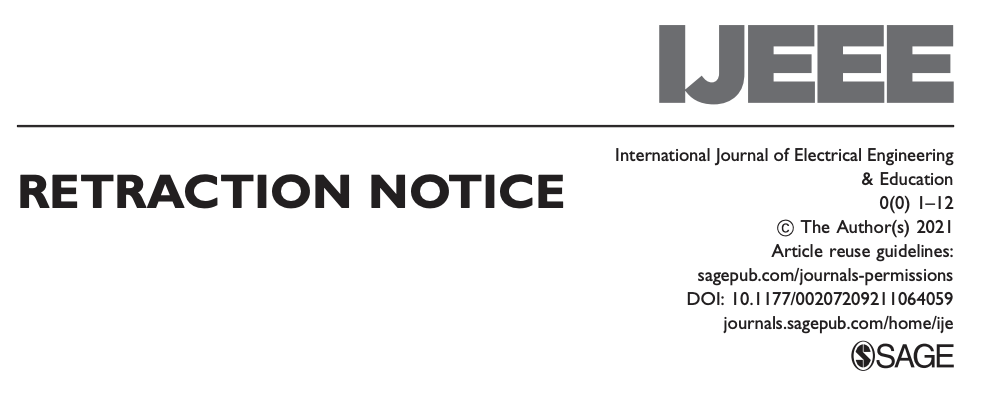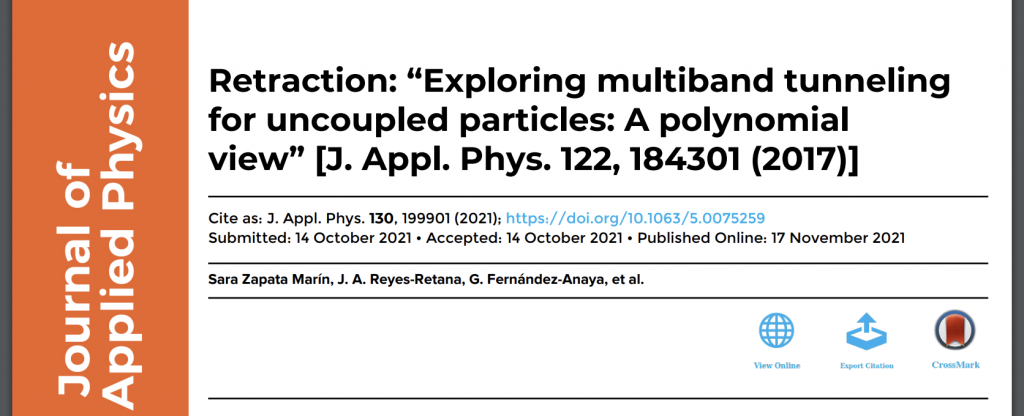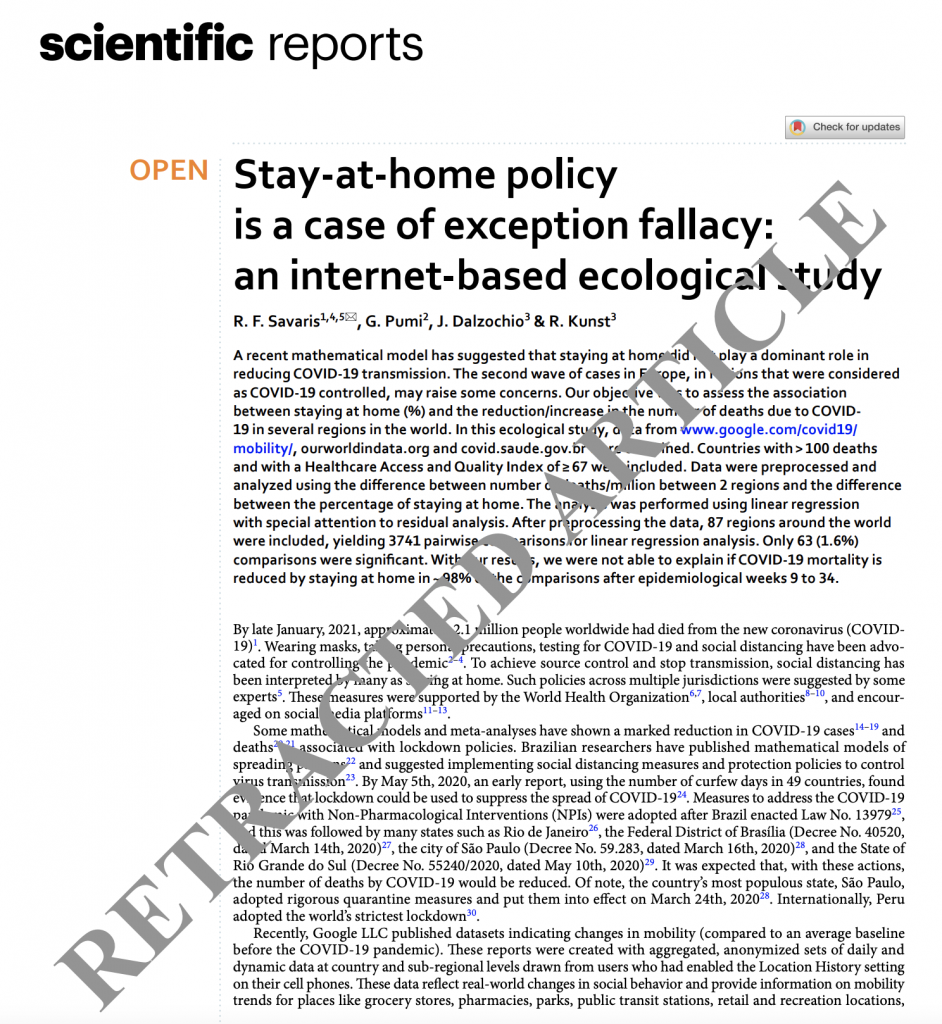Retractions are slowly stacking up for an exercise researcher in Brazil whose work has come under scrutiny by data sleuths, including a couple of his erstwhile co-authors. The concerns prompted an investigation by his former institution into one of his academic supervisors, who may be facing sanctions, Retraction Watch has learned.
In June 2020, the sleuths posted a preprint calling for the retraction of seven papers by the researcher, Matheus Barbalho, a PhD student at the Centro de Ciências Biológicas e da Saúde, part of the Universidade da Amazônia, in Belém. The reason, according to the sleuths – who included James Steele and James Fisher, of Solent University in the United Kingdom, both of whom were co-authors on papers with Barbalho: the data were, in their view “atypical, improbable, and to put it bluntly, pretty weird.”
Since then, journals have retracted two of Barbalho’s papers (he had lost one in April 2020), citing concerns about the data in the articles.
Continue reading Exercise researcher earns more retractions as investigations mount








